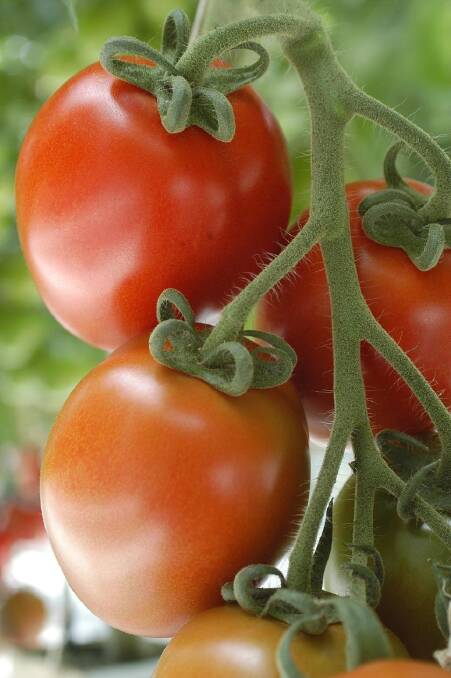
The Foundation for Food and Agriculture Research (FFAR) has given $1.42 million to researchers at the University of California and the University of Florida to continue with exciting drought resistance work, looking at maintaining seed quality in hot and dry environments.
The work is currently in tomatoes, but it is hoped it will have applications for all of agriculture.
The researchers are working to identify genes that boost tolerance for high temperatures and allow the plant to maintain top quality seeds.
"We often think about enhancing climate resilience in crops as heat- and drought-proofing plants; however, climate change also affects seeds," said Jeff Rosichan, director of the Crops of the Future Collaborative.
"If the plant is taxed by climate impacts, the seeds produced by the plant similarly suffer," Dr Rosichan said.
"This research hopes to increase productivity by improving seed quality," he said
Temperature plays a critical role in determining seed quality.
Heat stress at the wrong time of the growing season can cause variable seed quality.
In tomatoestemperatures exceeding 37°C can reduce pollen viability and subsequent fruit and seed production.
The grant is addressing these issues by exploring three primary research objectives.
A University of California research team is focusing on seed physiology during development in relation to environmental conditions and fruit ripening.
The University of Florida Institute of Food and Agricultural Sciences team is investigating how temperature affects tomato fruit development.
A third team at the University of California is examining the effect of temperature on pollen viability and pollination of tomato plants and potential contributions from stress-tolerant related, wild species. Knowledge gained from this research will enable producers to adjust their practices and adapt to extreme weather.
Genes and processes identified can enable breeders to maintain high seed quality in varieties adapted to more stressful environments.


